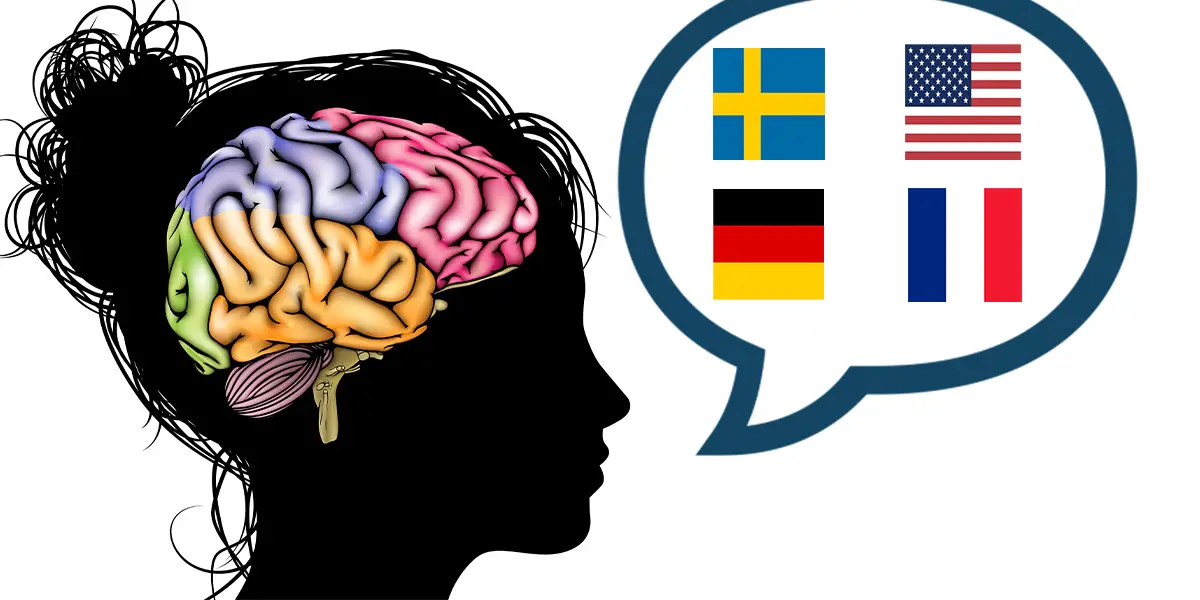Scientists Used A Science Fiction Inspired Brain Hack To Increase Language Learning Abilities By 13%
Tags: opinion

Past researches have shown how young children are far better at learning new languages than their adult siblings and parents. But new research has something new to offer when it comes to the language learning abilities of adults!
Science of Learning recently published a new study that shows small amounts of electrical stimulation significantly improved the language learning abilities of the adult participants. The experiment was done via specially made earpieces, and the effects lasted even after the stimulation was stopped.
The paper’s introduction explains how humans are, by nature, perpetual learners. But there is the exception of adults who seem unable to acquire non-native languages in their adulthood.
Inverse reported that the vagus nerve of the participants was stimulated in the experiment via the earpieces. This improved their ability to identify as well as distinguish the tones of 4 different tones of Mandarin. If you’re a native English speaker and are not usually aware of tonal languages, this would be something of a feat!
Science Fiction and Language Learning Abilities
Language learning abilities received a boost of nearly 13% in these adults. They performed 13% better at distinguishing an easy-to-differentiate pair of Mandarin tones than those who did not receive the stimulation. But with more difficult tones, the effect of the stimulation was not much noticeable.

Leonard Lab/UCSF/Jhia Louise Nicole Jackson
The lead author of the study, Fernando Llanos said, “Showing that non-invasive peripheral nerve stimulation can make language learning easier potentially opens the door to improving cognitive performance across a wide range of domains.” Llanos is a post-doctorate researcher at the Sound Brain Lab of the University of Pittsburg.
Hey, are you on Instagram? Check out the official Truth Theory Instagram page HERE, we upload new content every day.
The improvement in language learning abilities can be generalized and extended to learn sound patterns of many other languages. Matthew Leonard, the co-author of the study, said how people often feel discouraged feeling language learning is hard in adulthood. But if their experiments gave 13-15% better results in just one session, it might make more people excited about foreign languages. Leonard is an assistant prof of neurological surgery at UC, San Francisco.
After the initial success in improving adult language learning abilities, the researchers are now busy testing if longer learning sessions with the earpieces can further enhance the effect. This would make it easier for the learners to differentiate between the more difficult-to-distinguish tones.
Read: NEURALINK WILL BE ABLE TO STREAM MUSIC RIGHT INTO YOUR BRAIN ELON MUSK CLAIMS
Further Applications
Apart from learning languages, the vagus nerve has been stimulated previously in other experiments as well. Back then it was being tested for treating epilepsy, while currently, some studies on this nerve are working to see its effect on curing inflammatory diseases and even depression. But one thing is for sure, these treatments would be way more invasive than the earpieces used in this language learning test.
Bharath Chandrasekaran is the senior author of the language learning abilities study. He explained that their stimulation showed positive effects, but in a non-evasive way. This can make the technology more scalable. It can have broader applications, like in the cases of post-stroke rehabilitation. Chandrasekaran is the vice-chair of research at the Uni. of Pittsburg School of Health and Rehabilitation Sciences.

Leave Comment: